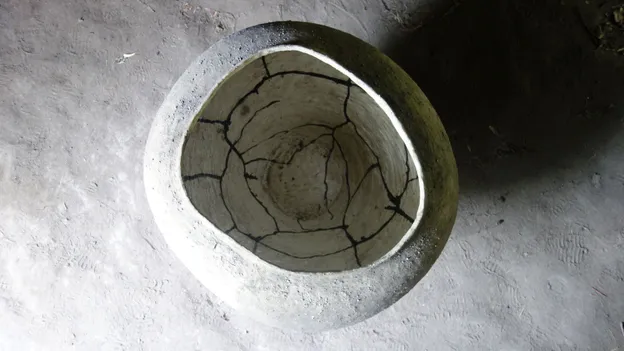Purge me with hyssop, and I shall be clean: wash me, and I shall be whiter than snow. (Psalm 51:7)
Wherever there is a confrontation with evil, there is a desire to be free from it. The evil must be destroyed - but if it can’t be destroyed, it must be beaten back. And if it can’t be beaten back, then at least we must be personally free from it.
I was born into a group of Christian churches that were either a cult or had cultish tendencies, depending on which individual church you attended. Their singular obsession was purity. Their watchword was ”come out from among them, and be ye separate, saith the Lord, and touch not the unclean thing” (2 Corinthians 6:17). They wanted bright lines of separation from “the world” and its ways; nothing was to be left up to judgment. Women’s skirts must be below the knee. Women’s hair must not to be cut or even trimmed. No makeup. No jewelry. Men’s hair must be short and kept at the natural hairline. No television. In my final months in those churches, I challenged my pastor by saying some of the rules seemed so arbitrary. He replied, “Sometimes the lines are arbitrary, but they must be maintained.”
The Holiness people believed they were surrounded by evil on all sides, every person a possible agent provocateur. They rejected the world around them - including what amounted to all Christian churches - as corrupt and dangerous. They were, in a sense, a protest movement. Protest movements, if they do not mature, often end up as funhouse mirrors of what they oppose. They become attached to their enemies, defining themselves in terms of the opposition.
My twenty-seven years among the Holiness people made me sensitive to the psychological need for purity. Over the years I’ve seen this pattern repeat in activist groups. Because they define themselves by their opposition, they become anxious to eliminate any commonality with their opposite. Their relative positions grow further apart as they eliminate any middle ground. They engage in ideological and personal purges. Purity becomes the goal as they continue to identify themselves in terms of the hated other.
This is not an argument in favor of moderation. The truth does not inevitably reside in the middle. I have opinions that people in the so-called moderate middle would call extreme. What I hope to avoid, though, are opinions that are driven solely by opposition to an “other”, in pursuit of purity.
Because purity is not possible. Especially not in a world as interconnected as ours. In a sense, we have always been interconnected. It has always been true that conflict and oppression reduces the victor as well as the victim. The modern world, however, has made those connections more tangible and obvious.
Refusing to buy from Amazon because you want to avoid complicity with their terrible practices (personal purity) will not work because, if you use the internet, you’re using Amazon Web Services in one way or another since they provide the infrastructure for so, so many websites. Believing you are innocent of global ecosystem destruction and carbon pollution because you recycle and buy “green” products is a delusion. Examples could be multiplied.
The Amish are more complicated than some people think. There is a common belief that their antique way of living is about avoiding the modern world, i.e., maintaining purity. But their decisions to avoid certain technologies are more nuanced than that. The decisions they make are made on the basis of community values, not simply in opposition to the modern world. (Undoubtedly this process itself is not always pure in reality, but this is the way they describe themselves. And it seems to be borne out in many cases.) I’ve seen them make decisions that make no sense if they are in service to purity, but do make sense if they are defined in terms of, for example, maintaining community cohesion.
Give up on purity. Not only is it a goal driven by anxious attachment, it is not achievable. But if purity is not our goal, what could be? I would say that one healthier, more achievable goal is to avoid servitude. If we cannot achieve pure sovereignty over our lives, we can at least maintain some agency directed in terms of our values. I am off social media - but I did not close the accounts because I wanted to be pure. I closed them because my mind was being colonized. My mental energy was being spent on whatever was the timeline’s momentary obsession. Leaving social media has meant that my thoughts are much more directed by my own interests and goals.
What are your values? How can you shape your life in accordance with your values? These are the questions that should occupy our minds. The answers will allow you to build a life for something.


 Sculpture by Kazunori Hamana; photo by Lily Crossley-Baxter
Sculpture by Kazunori Hamana; photo by Lily Crossley-Baxter